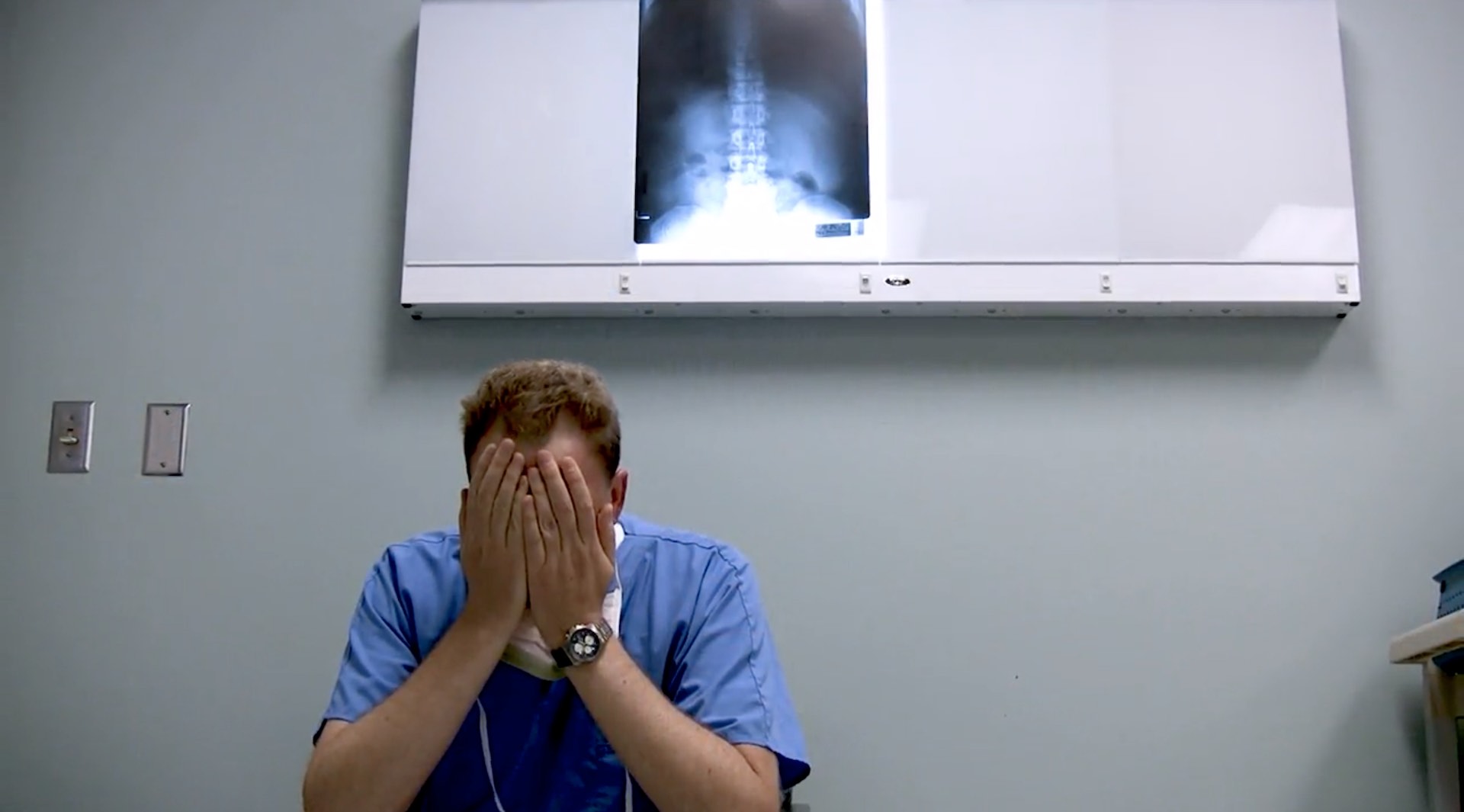Smoking does not up mortality in liver transplant recipients
Reuters Health • The Doctor's Channel Daily Newscast
July 20, 2009 • Critical Care, Family Medicine, Gastroenterology, Hospitalist, Internal Medicine, Preventative Health, Reuters Health • The Doctor's Channel Newscast, Transplantation
NEW YORK (Reuters Health) – New research indicates that survival is similar for smokers and non-smokers who undergo liver transplantation.
At least one large insurance company is denying approval for liver transplantation unless the candidate has abstained from smoking for three months, according to Dr. Michael J. Englesbe and colleagues at the University of Michigan Health System, Ann Arbor. A review of their center’s experience, however, suggests that such policies are unlikely to improve patient survival.
The findings, reported in the Journal of the American College of Surgeons for June, stem from a study of 2260 patients with chronic liver disease who were evaluated for liver transplantation from January 1, 1999 to June 1, 2007. The subjects included 760 active smokers and 1500 non-smokers.
Smokers were significantly younger than non-smokers and were more likely to be male, have hepatitis C, have less severe liver disease, and less likely to receive a transplant.
On multivariate analysis, substance use, more severe liver disease, hepatitis C, and older age were all linked to increased mortality (p < 0.05 for all).
Smoking did not increase (or reduce) mortality at any time point studied in evaluated patients and or transplant recipients, the researchers found.
“Decisions about the transplantation candidacy of smokers should be made on a patient-by-patient basis after a detailed clinical assessment of the patient,” the authors state.
“Payor policies requiring abstinence from smoking potentially prohibit excellent liver transplantation candidates from receiving what is currently the only viable lifesaving therapy and puts undue weight on a less important issue,” the researchers emphasize.
Reference:
J Am Coll Surg 2009;208:1077-1084.
At least one large insurance company is denying approval for liver transplantation unless the candidate has abstained from smoking for three months, according to Dr. Michael J. Englesbe and colleagues at the University of Michigan Health System, Ann Arbor. A review of their center’s experience, however, suggests that such policies are unlikely to improve patient survival.
The findings, reported in the Journal of the American College of Surgeons for June, stem from a study of 2260 patients with chronic liver disease who were evaluated for liver transplantation from January 1, 1999 to June 1, 2007. The subjects included 760 active smokers and 1500 non-smokers.
Smokers were significantly younger than non-smokers and were more likely to be male, have hepatitis C, have less severe liver disease, and less likely to receive a transplant.
On multivariate analysis, substance use, more severe liver disease, hepatitis C, and older age were all linked to increased mortality (p < 0.05 for all).
Smoking did not increase (or reduce) mortality at any time point studied in evaluated patients and or transplant recipients, the researchers found.
“Decisions about the transplantation candidacy of smokers should be made on a patient-by-patient basis after a detailed clinical assessment of the patient,” the authors state.
“Payor policies requiring abstinence from smoking potentially prohibit excellent liver transplantation candidates from receiving what is currently the only viable lifesaving therapy and puts undue weight on a less important issue,” the researchers emphasize.
Reference:
J Am Coll Surg 2009;208:1077-1084.









